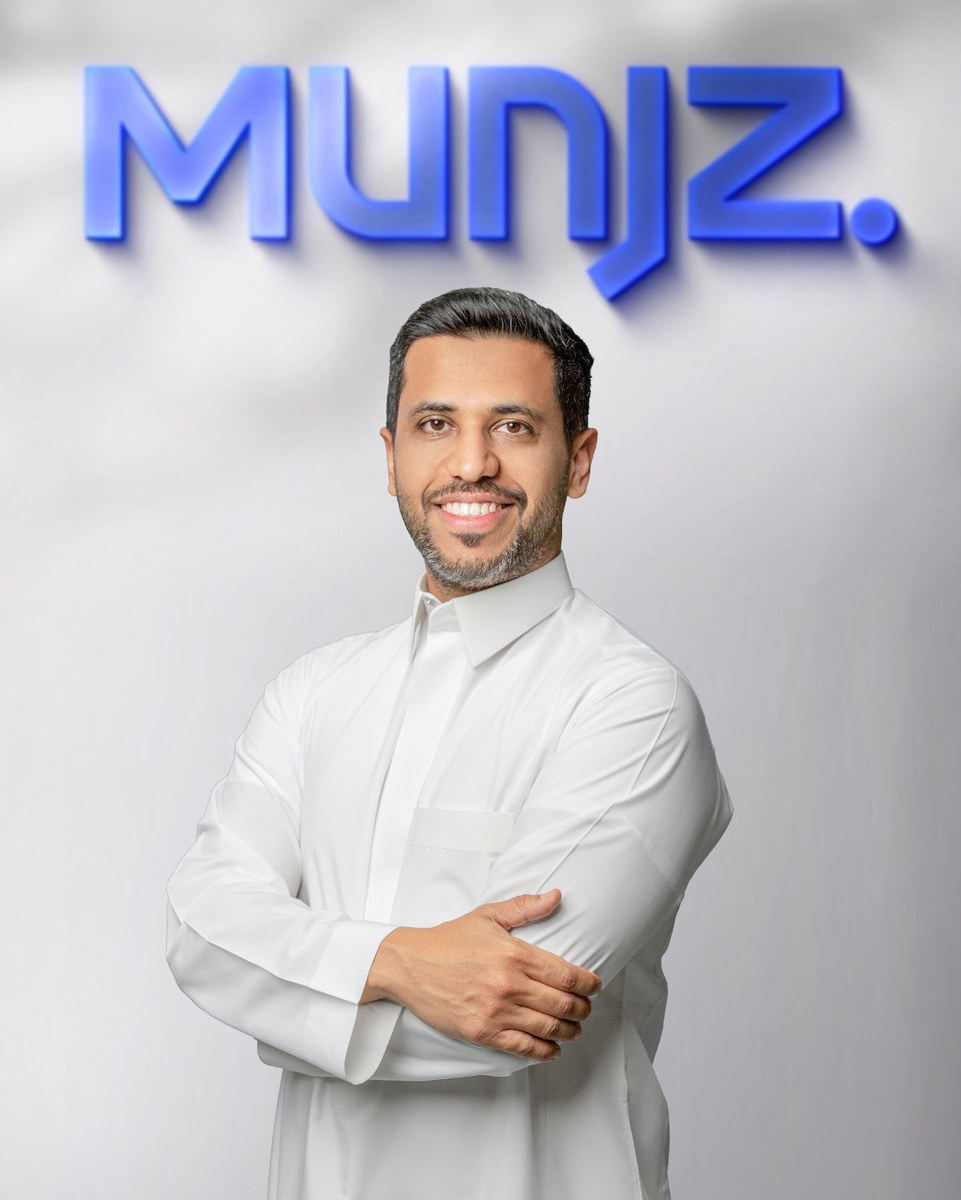CAIRO: Saudi Arabia’s Munjz joins the property technology sector after taking a pivot that has changed the company’s mission and opened doors to new opportunities.
Established in 2017, Munjz first started as a platform for homeowners to connect with certified home service providers but, by the end of 2021, the company took a pivotal step after the founder recognized that the property management sector holds a large opportunity as it is worth over $1.8 trillion globally.
In an exclusive interview with Arab News, Abdullah AlDaij, CEO and founder of Munjz, said, “We pivoted our business model to be in the business-to-business sector and to classify our company as a proptech company seeing that around $25 billion were invested in the global proptech industry, which is around 27 percent from the global funding in 2021. Our vision is to digitalize vertical industry businesses by providing software and services at the same time.”
Capitalizing on the new trend, he decided to create a property management system software while incorporating the home services platform to bring the best of both worlds.
The company provides a property management system for community managers to run everything from financial to operational functions through the software. In addition, managers also have access to the marketplace of service providers like house cleaning, maintenance and material supply, which can be utilized to better operate the business.
Residents also have access to the home services marketplace that is white labeled under Munjz to also cater to its direct-to-consumer segment.
FASTFACT
$1.8 trillion
Munjz took a pivotal step after the founder recognized that the property management sector holds a large opportunity as it is worth over $1.8 trillion globally.
“We have three different customer segmentations,” AlDaij explained, “in residential, I’m talking about compounds, real estate, developers, community association, hospitality, and property managers.”
“The second segment is commercial where we are targeting retailers, offices, food and beverage, warehouses, healthcare centers and education centers. The third segment is the service companies that are in our marketplace, we are talking about professional services, cleaning services, hospitality services and logistics,” he added.
Through its new customer segmentation pivot, Munjz managed to open room for more revenue streams to support the business.

Abdullah AlDaij, Munjz chief executive officer. (Supplied)
“We have three main revenue streams,” he explained. “The first is from the marketplace, from our service providers. We are capturing a commission base from every service closed.”
“The second revenue stream is the subscription fee to access the platform and the third revenue stream is from the end user who is requesting a service from the property manager,” he continued, explaining that the third revenue stream is the company’s white label services that are provided to property managers to cover residential orders.
As the company pivoted to its new model just seven months ago, AlDaij predicts to hit profitability in 18 to 24 months through expansion plans into the aforementioned segments.
“We operate in 15 cities in the Kingdom. By the first quarter of next year, we will expand to Egypt and Abu Dhabi. Our shift is going to be more convenient for us for global expansion because now we are focusing on our software as a service solution,” AlDaij stated.
He added that the company will only focus on the PMS software in its expansion plans because of its convenience.
“Inside the Kingdom, we are strong enough in terms of the marketplace because we have already built this network for the last five years. So, we have more than 3,500 service providers that are working with us, and all these companies are now available to our B2B clients,” he stated.
As the company expands, AlDaij stated that Munjz will go through a shortlisting process for its service providers to offer better experiences to its clients.
The company currently has 79 business accounts that include “Dunkin Donuts, McDonald’s, DHL and one of the biggest development companies in Saudi Arabia called Almajdiah, which has more than 20,000 units under its umbrella,” AlDaij added.
Moreover, he stated that the company is expected to reach 300 business clients by the end of this year.
Last month, Munjz raised $5 million in a series A funding round led by undisclosed investors with participation from Vision Ventures, Almajdiah Investment Co. and Watheeq Proptech Fund.
AlDaij shared that the company will utilize its funding in product development and technology as well as structuring Munjz.
“Because our customers are different it means the company is different. Therefore, the structure and the team members should be taken into consideration to look after the talent who can run this new strategy. The investment is going to be mainly in structuring the team members and looking after the talents and engineers,” he stated.
Munjz currently has 50 employees and will reach 85 staff members by the end of this year.
AlDaij concluded by stating that the Saudi property management sector will grow significantly in the coming years, as it was worth $23 billion in 2021 and is projected to reach $35 billion by 2028.




























